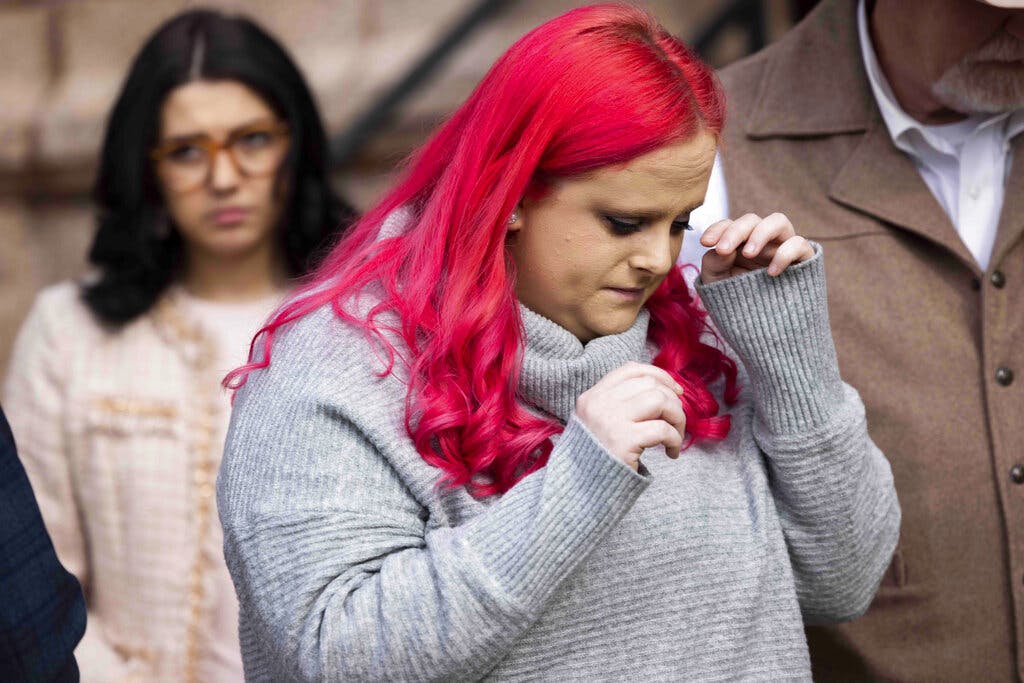How Can Parents Not Fear the Worst?
Somehow, our own parents managed to trust us out in the world.

Sorrow and anger rage in our hearts. A child has been murdered.
Athena Strand, 7, was abducted and murdered November 30 in her Texas town of Paradise. (The irony hurts, too.) Our hearts go out to everyone who knew and loved her.
A FedEx deliveryman has been apprehended. But his swift capture does little to calm parents contemplating the big fear: stranger danger.
And the big question: How can I keep my child completely safe?
And the big bargain: I’ll do anything, ANYTHING, if it means saving my child from this fate.
I have felt this too. And yet — Can there even be a “yet”?
Yes.
“I just won’t ever let her out of my sight” may feel like the only way to deal with the dread.
After all, this is an era where we can supervise our children like never before. We can see where they are via a dot on our phone. We can contact them with the press of a button. We can know their grades, their temperature, even the number of steps they’ve taken today thanks to apps that take a single second to open.
Never in human history have parents been able to know all this about their children. We couldn’t even see them once they turned the corner. When I walked to elementary school, as most children did back then, my mom had no choice but to trust me, my neighborhood, my neighbors.
Oddly, that was kind of reassuring. She had to get used to trusting. That helped develop her trust muscles.
Those trust muscles aren’t ones we get much chance to build anymore. Just as we don’t have to chop wood, hunt our food or ride a horse through the snow, we also don’t have to get used to letting our tots do anything unsupervised. It starts to feel crazy to even consider it. A searing murder seems to seal the deal: Never let them go.
Yet I just read this statistic in The Washington Post: “The CDC found nearly 45 percent of high school students were so persistently sad or hopeless in 2021 they were unable to engage in regular activities. Almost 1 in 5 seriously considered suicide, and 9 percent of the teenagers surveyed by the CDC tried to take their lives during the previous 12 months.”
Younger children are struggling with anxiety and depression, too. It’s just horrible.
There are always a lot of reasons for any social problem, but surely one of them is growing up without any independence. Just 10 or 20 years ago the only people whose moves we tracked were felons on work release. We did this because we considered them untrustworthy. They didn’t deserve true freedom.
Imagine growing up like that.
And imagine growing up being told the world is so dangerous that your life is always in peril.
And imagine growing up with parents whose own anxiety can’t be quelled unless you are constantly in their sight. So, your independence — possibly the very key to childhood happiness and healthy development — is sacrificed.
Somehow, our own parents managed to trust us out in the world. They knew there were creeps and criminals out there. Always have been. Always will be. And they knew they had a choice: Keep us locked inside for fear of a tragic, rare, truly worst-case-scenario, or teach us the age-old basics — like to never go off with a stranger — and then let us go.
It wasn’t easy. But for our growth and joy, they accepted that there is no such thing as a risk-free life — or anxiety-free parenthood — and they let us go.
As parents always have.
And must.
Creators.com

